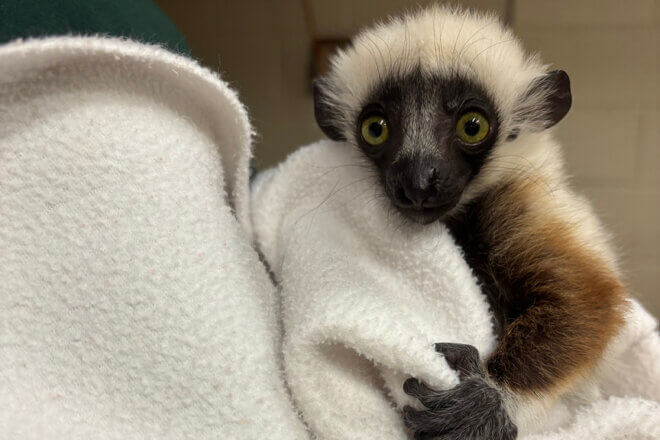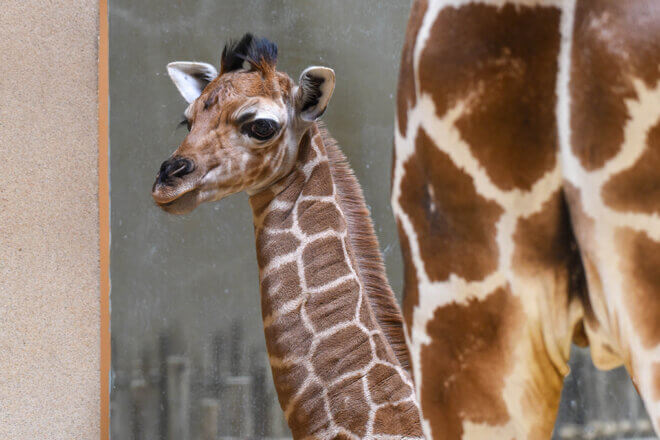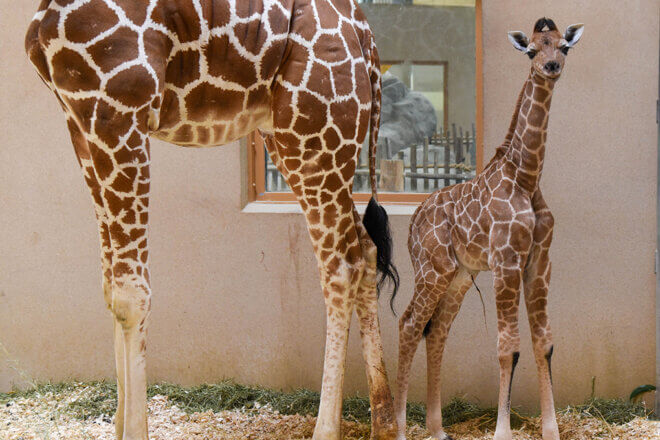National Zoo Keeper Week
It’s National Zoo Keeper Appreciation Week and we’re celebrating the amazing work our zookeepers do for wildlife every day. They are the dedicated keepers, teachers, and caretakers of the animals here at the zoo. They are also some of the most Passionate hardworking people you’ll meet. The Maryland Zoo is fortunate to have expert teams of animal professionals focused on the care of more than 200 species big and small. We’re so grateful for their knowledge, expertise, and commitment which continues to advance animal husbandry and wildlife conservation here and around the globe.
This year, National Zoo Keeper Week is July 16-22. Each day we’ll share new keeper profiles and introduce you to the people making a difference for animals at the Maryland Zoo.
Meet Craig W.
What area of the zoo do you work in and with what animals do you work?
I am in the Elephant Barn and work with 4 African Elephants
How long have you been working at the zoo?
Around a year and a half
Why did you choose to work at the zoo?
I chose Maryland Zoo specifically because of its stellar reputation in the elephant community and being from the deserts of Arizona, I felt like the Mid-Atlantic was a great contrast weather-wise.
What is a typical work day like at the zoo?
I am in training as a handler for our female Anna, so I have a variety of responsibilities and my days vary throughout the week. Some days I am relied upon as a primary handler, and other days I shadow other keepers and focus on more cleaning and maintenance tasks. Our morning routine really focuses on husbandry. This is typically when we will bathe the elephants and do any necessary treatments or foot care/skin care. Once the elephants are transferred onto exhibit, the team cleans the entire barn and prepares each overnight stall with food and enrichment. We balance the cleaning with continuing to feed, enrich, train, and spend time with them on exhibit. At the end of the day, the elephants come in and we do our paperwork and go home to rest up for another busy day tomorrow!
Is it hard to work at the zoo and why?
Working at the zoo is challenging both mentally and physically, which is rewarding in itself. Physically the job requires a lot of raking, lifting, walking and scrubbing. Elephants are intelligent animals which require constant stimulation and interaction. I come to work knowing I always have to have my thinking cap on! We are constantly problem-solving when it comes to providing new enrichment or coming up with solutions to training issues.
What steps did you take in order to become a keeper at the zoo?
In college, I participated in a number of internships at zoos and other private facilities and upon graduation, I was hired for my first seasonal position at a local zoo. From there I got hired at another facility part time, then on to another facility full time. I practically went from every step from volunteer to full-time employee.
What type of person or what skills make for a good keeper?
A good zookeeper has to be adaptable, observant, hard working, safe, and not afraid to get dirty!
What hobbies/interests do you have outside of your zoo life?
I love traveling, going to concerts, and obtaining autographs or anything pertaining to Teenage Mutant Ninja Turtles.
Have you done any unique conservation, research, or professional development experiences related to your work at the zoo?
This Feb. I went to the Principals of Elephant Management 1, in Wheeling, WV where I was able to meet with elephant colleagues from all over the world to discuss how to further improve elephant care in our facilities.
What do you think is an important reason to support the zoo?
Zoos play an important role because most people care for things they can connect with. It’s easy to look up an animal on the internet but seeing it in person can really inspire someone to care about nature and even take action to make a difference.






Share this article